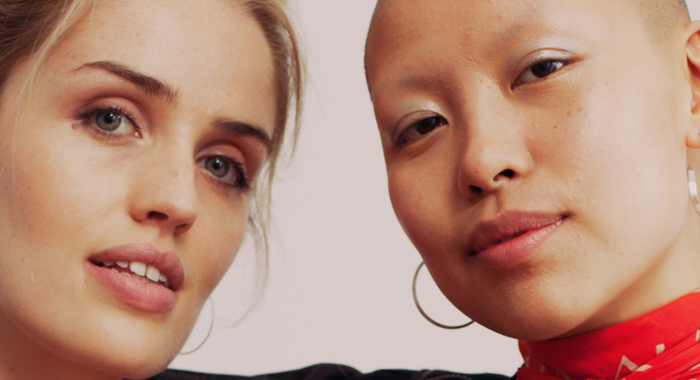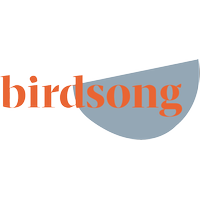Feature Article - An Exposé on the Fashion Industry: Birdsong
‘No sweatshops, no photoshop’ is the motto of London-based, sustainable clothing brand Birdsong. On the brand’s website we see women with different skin tones and bodies enjoying their clothes - unafraid to show spots, tattoos, stretch marks, cellulite and even pubes! In the fashion industry there seems to be a steady movement towards diverse branding, yet the idea of hairlessness being synonymous with beauty still perpetuates. Sophie Slater and Sarah Beckett, Birdsong’s founders, are bucking this trend and allowing natural female (hairy!) bodies the space to be beautiful - something I have never seen anywhere else in women’s clothing advertising. Of course, the inclusivity of different bodies is wildly commendable, but perhaps Birdsong’s greatest asset is their commitment to ethical production. Birdsong designs garments in-house, and then works with experts – from artists and printmakers to seamstresses – who experience barriers to employment in the UK, paying them the London living wage to bring Birdsong ideas to fruition. This is a step-up from simply the image of inclusivity to an intersectional, comprehensive feminist ideology at all stages in the Birdsong process. In my opinion, a brand cannot claim to be representative when the clothes sold are produced by women in poor conditions for very little pay. Birdsong is creating a whole new framework for the fashion industry. It challenges us to expect more from our wardrobe and shows how high-street brands really can do better, not only in terms of representation and inclusivity, but in their production habits too. Photo courtesy of the Birdsong website, showing the brand's founders


